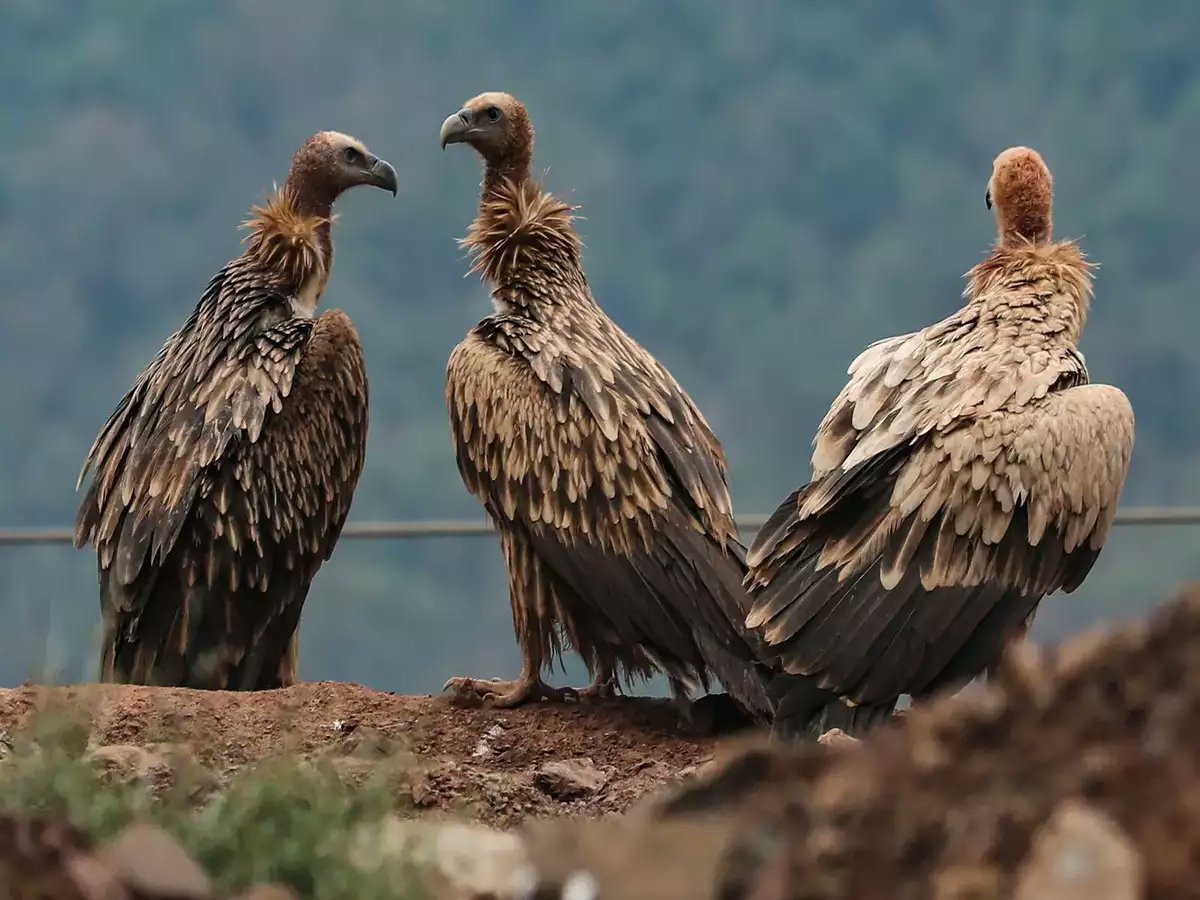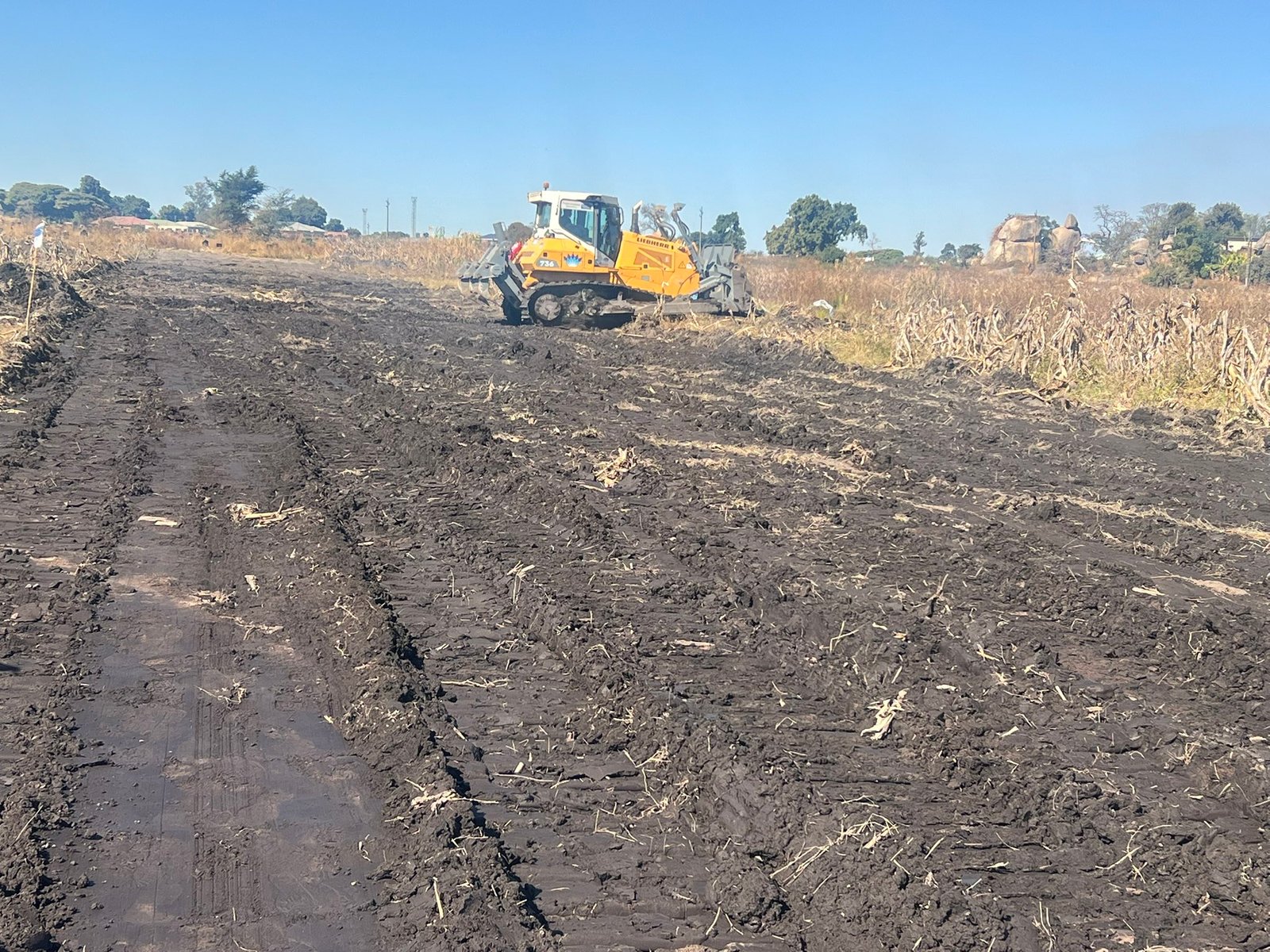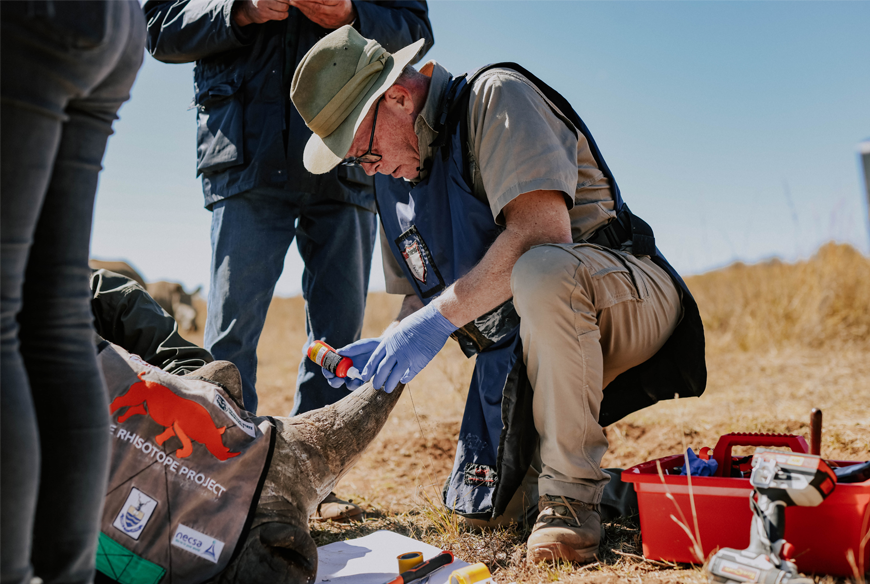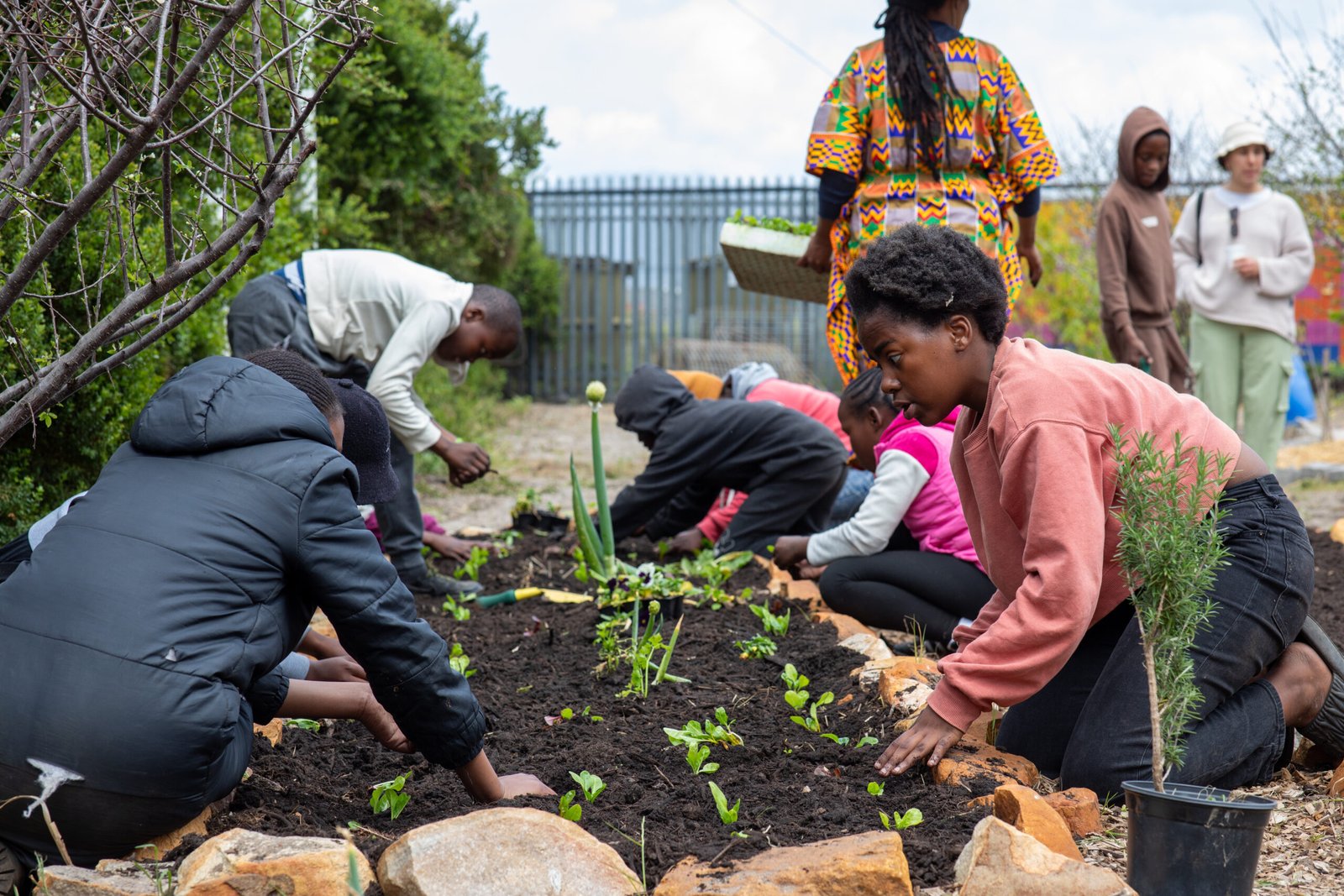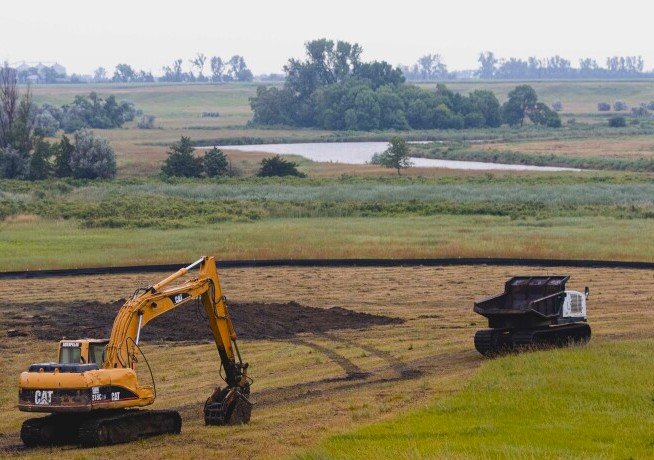A groundbreaking study by conservation group BirdLife International has unveiled that vultures, despite being on the brink of extinction, contribute an estimated $1.8 billion annually in ecosystem services to southern African countries.
These scavenging birds play a critical role in curbing the spread of diseases by consuming carcasses in the wild, underscoring their immense ecological and economic value.
The report, which focused on Botswana, Zimbabwe, and Zambia, highlights the multifaceted benefits vultures provide, including sanitation, pest control, and bequest values.
These services not only sustain ecosystems but also directly impact human health and well-being.
“The decline of vulture populations across the continent is indeed worrying. This groundbreaking study on the economic value of vultures in the region is crucial in advancing conservation efforts,” said Matthew Lewis, head of conservation for Africa at BirdLife International.
He added, “BirdLife and partners will continue to collaborate with stakeholders in the region to turn the tide for vultures in Southern Africa.”
Leeroy Moyo, preventing extinctions programme manager at BirdLife Zimbabwe, emphasized the report’s role in policy advocacy.
“As BirdLife Zimbabwe, this report is intended to support policy advocacy for vulture conservation. It seeks to enhance awareness among local communities and stakeholders regarding vultures’ essential role in maintaining ecosystem health and promoting human well-being.”
Moyo further noted that integrating these findings into national conservation strategies could help mitigate threats such as poisoning, habitat loss, and illegal trade, paving the way for a sustainable future for vulture populations in Zimbabwe.
Of Africa’s 11 vulture species, seven are at risk of extinction, classified as Vulnerable, Endangered, or Critically Endangered on the IUCN Red List. Over the past five decades, African vulture populations have declined by 80 to 97 percent, with some species experiencing declines of over 92 percent.
This alarming trend threatens not only the birds themselves but also the ecological balance they maintain.Vultures are nature’s clean-up crew, scavenging on decaying carcasses that would otherwise rot and spread diseases. Their absence could lead to a surge in populations of other scavengers, such as rats and jackals, which often prey on livestock or become pests to humans.
Experts warn that the loss of vultures could exacerbate public health risks and disrupt ecosystems. The primary threats to vultures include poisoning, belief-based use, and electrocution by energy infrastructure. Poisoning alone accounts for 61 percent of recorded vulture deaths across Africa, often resulting from secondary poisoning when vultures consume carcasses laced with toxins.
In 2019, a mass poisoning incident in Botswana claimed the lives of over 500 critically endangered vultures, highlighting the severity of this threat.Other challenges include the presence of diclofenac, a toxic veterinary drug, in carcasses, which has been devastating vulture populations worldwide. Additionally, belief-based use, such as the use of vulture parts in traditional medicine, contributes to 29 percent of vulture deaths, while electrocution by energy infrastructure accounts for 9 percent.
Environmentalists stress that reversing these declines is imperative to prevent the extinction of vultures.
Mary Malasa, programme manager at BirdWatch Zambia, underscored the importance of the study’s findings.
“Quantifying vultures’ role as nature’s clean-up mechanism strengthens the case for their conservation. This valuation will serve as a tool not only to raise awareness but to ensure that the role of vultures in the ecosystem is appreciated.”
The economic value of vultures extends beyond ecosystem services. By preventing disease outbreaks, vultures save significant health service costs, while their presence also boosts tourism revenue. Their decline could have cascading effects on other species and ecosystems, further underscoring the urgency of conservation efforts.
BirdLife International and its partners commissioned the study to evaluate the value of vultures in the African context and the consequences of their potential disappearance.
As southern African nations grapple with the challenges of conserving vultures, the study provides a compelling case for urgent action to protect these vital scavengers before it’s too late.

